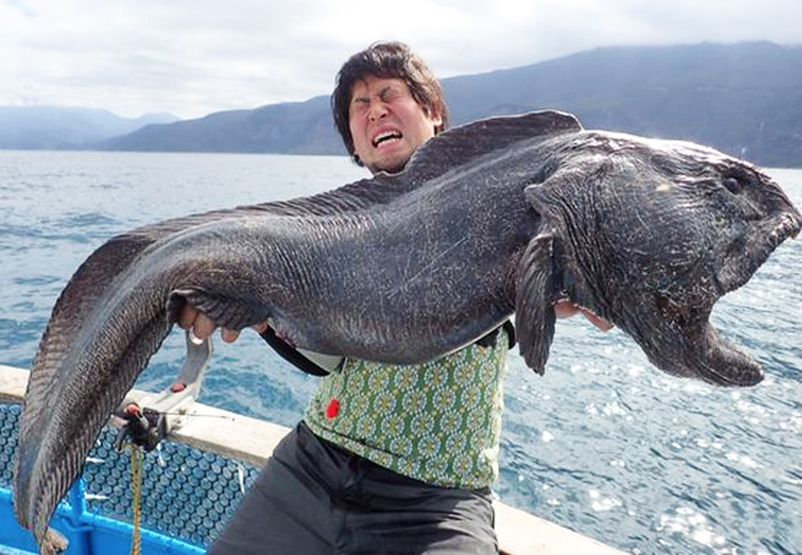EELY is often the answer to the crossword clue
[Slippery] or [Tough to grasp]

I doubt many people often describe anything as EELY, but that doesn’t stop crossword clues from using the word for [Slippery] and [Hard to grasp].
In fact, today marked the word’s second appearance in a Sunday New York Times puzzle in three weeks. It showed up 15 days ago as [Hard to handle, in a way].
Other clues describe it more obviously, as in [Like a moray]. or as conjure it through less-known language, like [Congerlike].
Other clues to hook it include:
- Challenging to corner
- Wet and wriggly
- Hard to corner
- Electric?
- Shockingly wiggly?
- Sort of fishy?
We’ll catch up with that [Charged swimmer?], the EEL, another time. I thought today it might be interesting to track down some instances when “eely” has been used–outside of crosswords.
The OED lists these examples:
“A…Conger…is…of a most, soft, and Eely Substance.”
Yeah, that checks out.
“See you sit with that composure On the eeliest of hacks.”
That’s from the poem, “There Stands A City,” by the poet, translator, and wit, Charles Stuart Calverley. I’m not a 100% sure what the “hack” he’s talking about is, but I think it refers to a horse, as common horses was were once called “hackney” horse, hence hackney cabs and cab drivers as “hacks.” But could certainly be wrong. Let me know your thoughts: ☞
“We have the pleasure of seeing the snaky, eely monster whisking about in the water.”
Quite, I’m sure.
Not included there, though, is the best use of “eely,” which I’ll include below. See if you can guess (or even place) the reference:
The flood is following me. I can watch it flow past from here. Get back then by the Poolbeg road to the strand there. He climbed over the sedge and eely oarweeds and sat on a stool of rock, resting his ashplant in a grike.
To find out who wrote that, click and drag your mouse through the bare space between the brackets here [ James Joyce, Ulysses ] to highlight the invisible text.
BTW, the “Poolbeg” is a peninsula in Dublin, oarweed is kind of alga, “ashplant” is a walking stick, and a “grike” is a crevice or crack in the ground.














